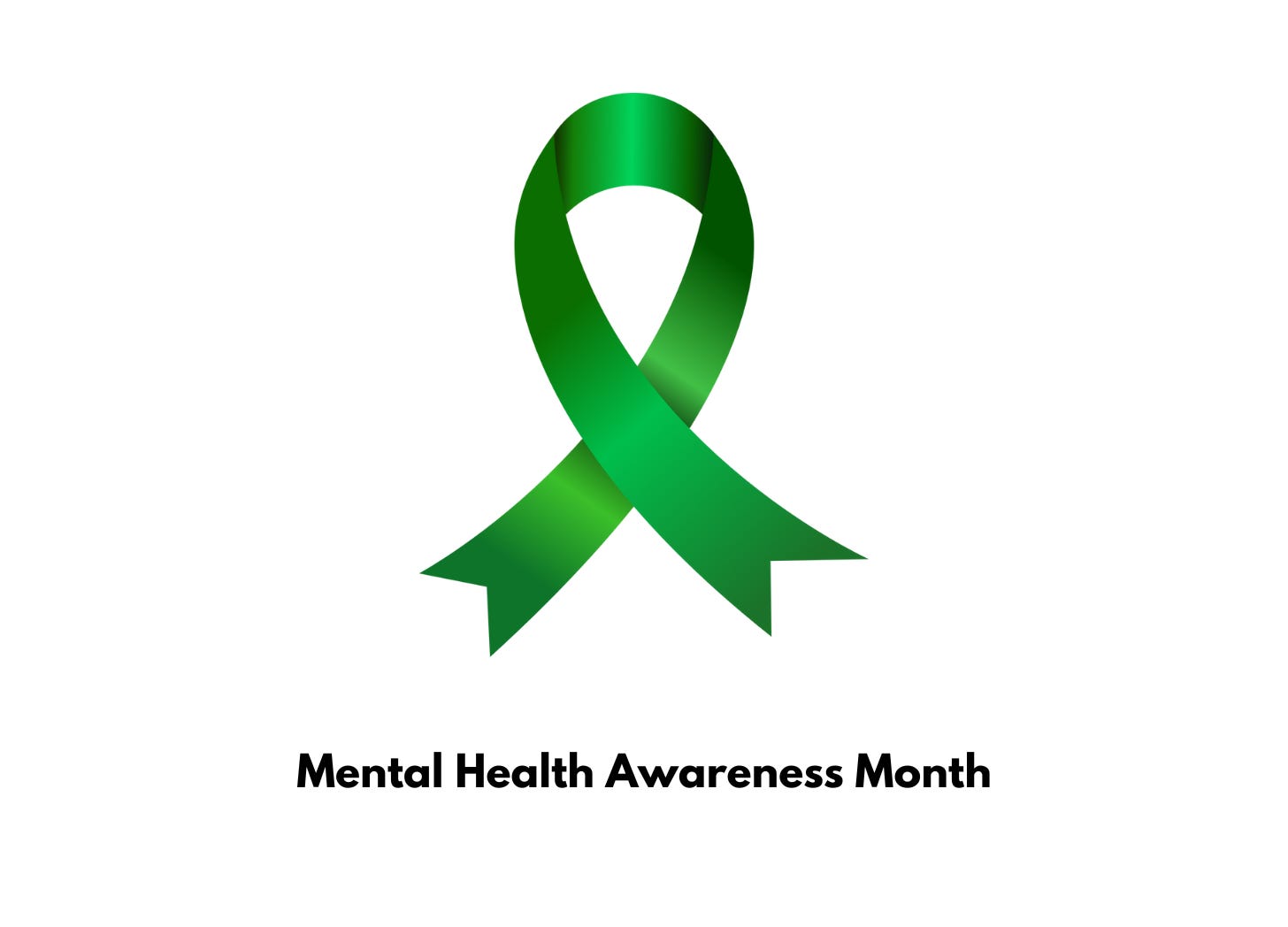We all understand the importance of physical health on our quality of life. It’s a lesson that’s reinforced any time our health is compromised, whether due to illness, lifestyle, or another reason.
But our mental health always seems to take second billing, never getting the attention and respect it deserves.
And yet, mental health and physical health are intertwined; you can’t have one without the other. It’s a symbiotic relationship, even if we fail to perceive how they’re connected.
May is Mental Health Awareness Month, a time to raise awareness for different mental health conditions and how they impact people all around the world. From everyday anxiety to serious illness, mental health issues affect everyone in some way or another. You’re either impacted directly or know someone who is.
When we talk about resilience, adversity, and persevering through tough times, we’re talking about mental health. My goal with Hello, Adversity is to discuss these topics openly and share strategies that can improve your mental well-being. Although I’m not a therapist — nor am I a substitute for one —I want to help you better handle your challenges, whether you’re dealing with acute bumps in the road or persistent struggles.
Because I’ve been there.
I’m not immune to mental health ebbs and flows. I share my story, including the not-so-great moments, because I want you to know that you’re not alone. If you’re going through a tough time, you have me and other Hello, Adversity readers who can relate.
I have two takeaways for today.
The first is to check in with yourself. This doesn’t have to be a big, elaborate, critical analysis of your mental state. All you need to do is take a few minutes of quiet time to assess how you’re doing.
For example:
Do you have a good handle on your day-to-day challenges or are you barely holding it together?
Are you coping well with daily stressors or are you burying pain and trauma?
Do you feel your mental health has improved over the past few months or has it gotten worse?
These may seem like obvious questions, but life goes by so fast that we often forget to perform the most basic of self-check-ins. Sometimes, our life deteriorates below the surface, until one day, something happens and we realize just how bad things have gotten.
If you’re doing fine, great! But if you’re not doing okay, there’s no need to fret.
This brings me to the second takeaway: if you’re not doing well, it’s worth talking to someone.
For many, this is a difficult step. (I would know!) We don’t like to admit that we’re not okay, and we’re also afraid of what other people might think. Unfortunately, there’s still a stigma attached to seeing a therapist or opening up about our struggles.
But remember: a mental health issue isn’t a moral failing. We are humans; life is hard.
I understand what makes asking for help so challenging. There are many barriers we need to surmount, and we’re not always sure how to make the ask effectively. (I wrote about the subject in a two-part series which you can find here and here.)
Even when we know we need help, and we know the steps involved in asking for it, to actually do it can feel impossibly difficult.
This is why I’ve decided to revisit the topic in next week’s newsletter. In my piece, I’m going to tell the story of when not asking for help nearly ruined me — my panic attack in 2013 that landed me in the emergency room.
Panic attacks are not a fun topic to write about, even when the goal is to destigmatize them. I can think of more exciting subjects to write about than telling people, “Hi there! Let me tell you about the night my mind and body melted down in unison.”
But my motivation is simple — if I’m going to convince others to open up and ask for help, I want to lead by example. It’s a topic I feel strongly about, and I need to practice what I preach.
My goal is to show both the consequences of not asking for help and how, once you do it, it can change your life for the better. If my two-part series last year was “how” to ask for help, this piece is the “why”.
So to recap: check in with yourself and don’t be afraid to seek help.
If there’s one takeaway from this piece, it’s that we’re not supposed to be “okay” every hour of every day. We don’t need to respond perfectly every time we encounter adversity and hardship.
The sooner we accept this, the sooner we can get the support we need.
It’s time we give our mental health the respect it deserves.
Related Posts
This is the two-part series on help that I mentioned earlier:
This article is about naming our emotions and how I’ve learned to make peace with anxiety:
In this piece, I talk about how I learned to quiet my mind after the 2013 panic attack:









I appreciate your frankness in addressing topics that tend to be “taboo” — or at least, have historically been so. Mental and physical health connection: so good.
So well written Chris, and an important topic. Thank you.